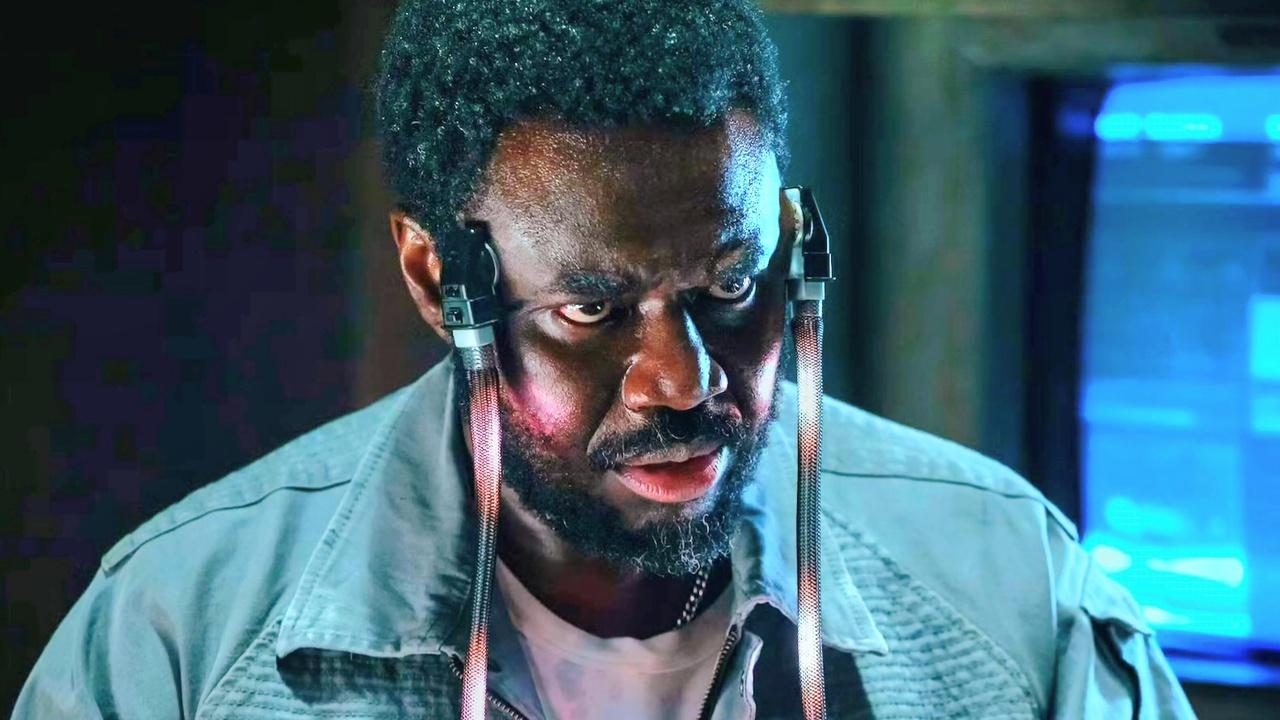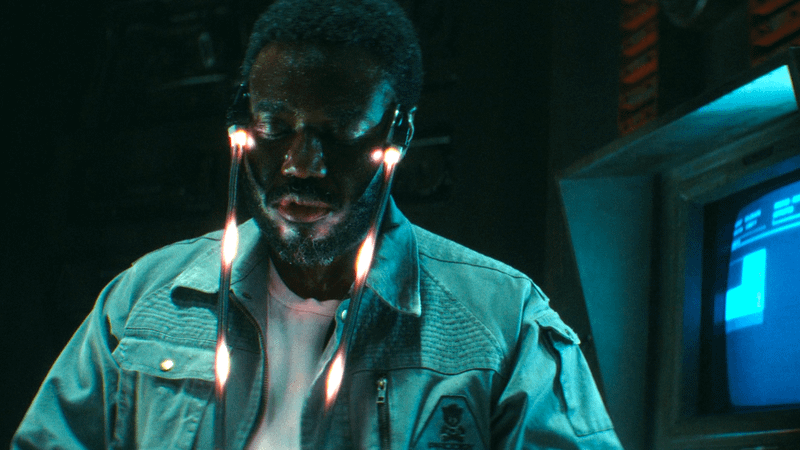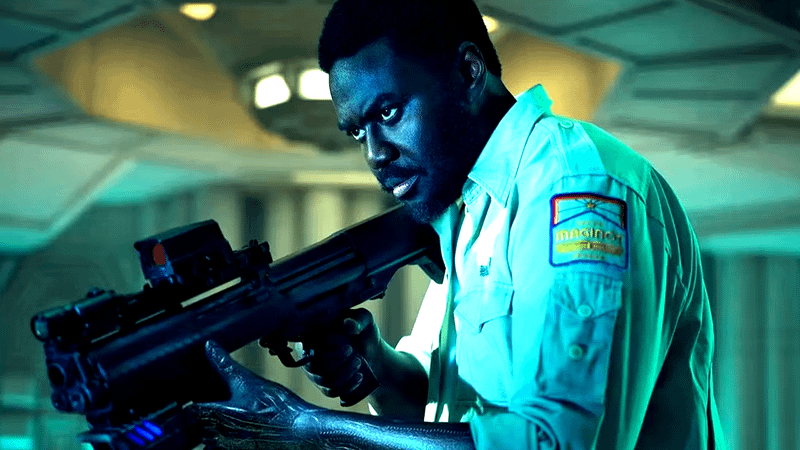
Alien: Earth Episode 3 officially pulled back the curtain on Morrow's backstory, and it's quite heartbreaking. The prequel series from FX is set two years before the events of Ridley Scott's Alien movie, meaning it has an opportunity to flesh out the universe like never before. Aside from its unusual setting on Earth (given that all of the movies prior are set in space), one way for Alien: Earth to stand out is the introduction of another robot type: Cyborgs.
Cyborgs, synthetics, and hybrids are part of the grand scheme of the five corporations on Earth in their race for immortality. Alien: Earth's opening credits declared that whichever of these three robot types will prevail will determine which of the five corporations "rules the universe." Amid the chaos of a spaceship with a Xenomorph onboard crashing down on Earth, part of the longstanding mystery in Alien: Earth is finding out more about Morrow and his cybernetic capabilities.
Created by Noah Hawley (Fargo), Alien: Earth has a star-studded lineup of actors led by Sydney Chandler, Timothy Olyphant, Essie Davis, and Alex Lawther. The series premiered on FX and Hulu on August 12, 2025.
What Is a Cyborg in Alien: Earth? Enhancements Explained

The first three episodes of Alien: Earth provided fans with substantial information on how a Cyborg operates in this universe. Cyborgs are humans enhanced with cybernetic technology, meaning that a semblance of humanity is still present inside them.
Alien: Earth introduced only one cyborg (so far): Morrow, a science officer and team leader aboard the Maginot ship commissioned by Weyland-Yutani to retrieve five alien lifeforms to find the answer to immortality.
As a Cyborg, Morrow's enhancements include a Swiss Army Knife-like arm equipped with useful tools such as a blade and a welding device. Part of his upgrade includes superhuman strength and enhanced durability. Alien: Earth also made it clear that he has unwavering loyalty to Weyland-Yutani, although there were signs of being forced to comply via his programming.
Alien: Earth Episode 2 revealed that his emotions are muted or that he can somehow hide them, which explains why the Xenomorph spared Morrow on several occasions (considering that the creature can sense fear of its targets).
While his emotions are seemingly muted, Alien: Earth Episode 1 subtly teased that Morrow struggles with his decisions internally; he sweats profusely when locking down the spaceship door to allow the Xenomorph to kill one of his remaining crew members.
It is clear that the semblance of humanity within Morrow could play a crucial role in the grand scheme of things in Alien: Earth, and Episode 3 may have provided a clue to this through his backstory.
Morrow’s Backstory Could Answer One Key Mystery About Weyland-Yutani

Alien: Earth Episode 3 revealed that it has been 65 years since Morrow became a cyborg and started his lifelong mission to find the answer to immortality. Given that he hasn't aged a day, one would assume that this is part of the modified enhancements he received as part of being a cyborg.
The latest episode also confirmed he was a father, meaning that memories of his past life are retained. Not much is known about the identity of his child, but it's reasonable to deduce that his daughter is dead. At one point, he told Kirsch (Timothy Olyphant's synthetic Alien: Earth character) that he no longer has friends, suggesting that everyone he knew in his old life is deceased.
Morrow also echoed this sentiment to Yutani, saying, "I don't have a home. I'm gone a lifetime. Everyone I know is dead." He described the alien species he retrieved for the Maginot as his life's work and said he would retrieve them by any means necessary.
Morrow’s failure to contain the species for Weyland-Yutani could be why the company abandons cyborgs as the leader or assigned science officer of future expeditions. This would explain why the de facto leader of the expedition in Ridley Scott's Alien is a synthetic and not a cyborg.
Weyland-Yutani didn't seem to want to have a human element in their missions because it has been proven time and time again that emotions can be a factor in disrupting their ultimate goal of finding the "perfect organism."












